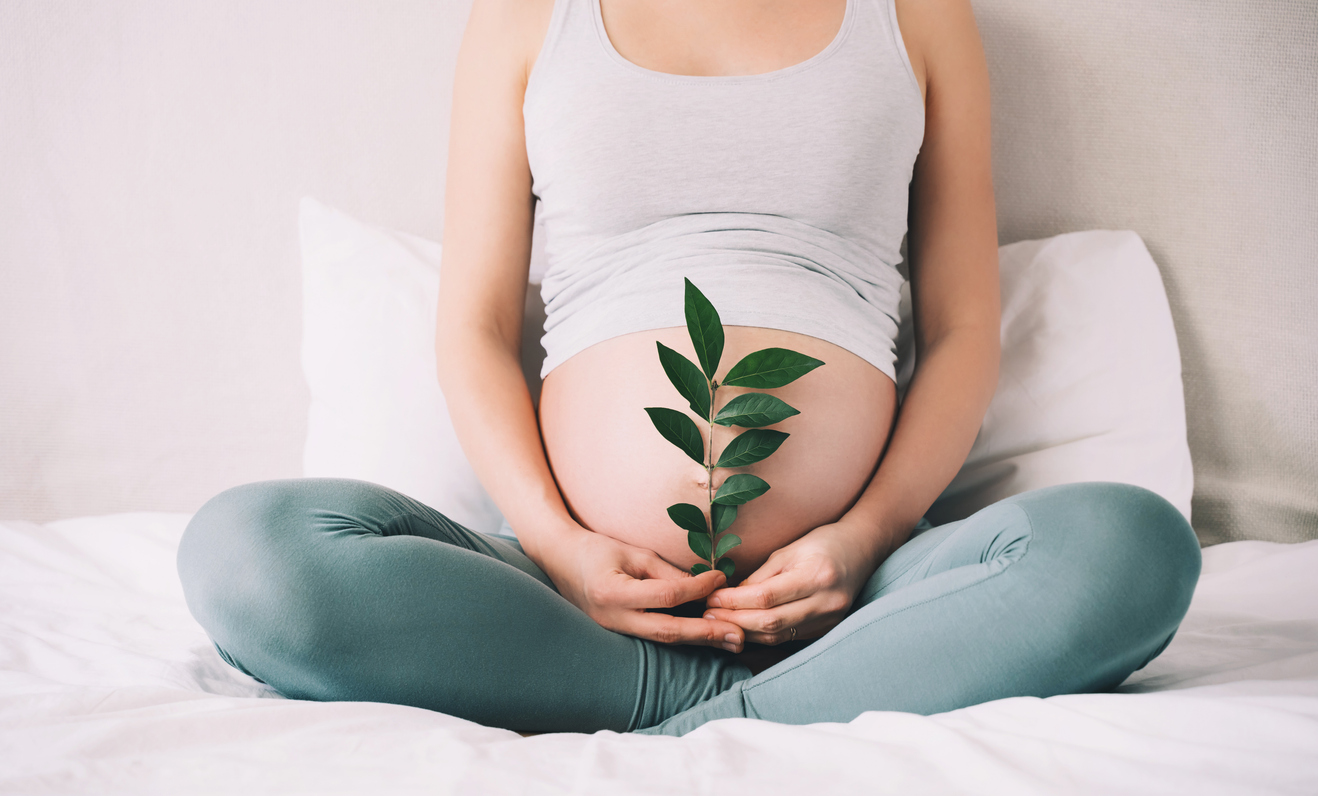2024-03-29
Worldwide fertility indicators between 1950 and 2021
Public Health and Social Medicine
Fertility indicators are key to defining tomorrow's social, health and geopolitical strategies. Here we present global fertility indicators for the period 1950-2021. Over this period, the global total fertility rate has more than halved. The number of live births worldwide peaked in 2016, at 142 million, and has been declining ever since. Fertility rates are falling in every country and territory in the world, and by 2021, the generation renewal threshold will only be reached in 94 countries and territories. Fertility remains high in 44 of the 46 countries in sub-Saharan Africa, the region that will contribute most to the number of live births in 2021. According to projections, this downward trend in fertility is set to continue in the coming years.

Last press reviews
Microbiota & Alcohol: toward a new treatment?

By Ana Espino | Published on January 13, 2026 | 3 min read<br>
Alzheimer’s disease & alcohol: a toxic duo for the brain?

By Ana Espino | Published on January 12, 2026 | 3 min read<br>
